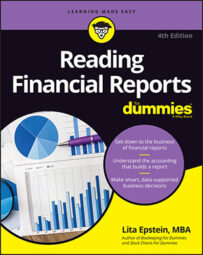Corporations must report special events to their shareholders as soon as the event can materially impact the company's results (affect the profits or losses of the company). The most common special events include the following:
Acquisitions: Before a company can finalize plans to acquire another company, it must report those plans to its shareholders.
Class-action lawsuits: If a company is the defendant in a class-action lawsuit that can have a material impact on its results in the future, the company must report the lawsuit and discuss its potential impact with shareholders.
Mergers: If two firms plan on merging, the firms’ management must inform shareholders and also ask them to vote on the merger. If shareholders in either company vote against the merger, the deal is likely cancelled. Sometimes companies may revise the deal and attempt a second shareholder vote.
Dividends: Whenever the board decides to pay dividends, it has to report that information to the shareholders. Of course, dividends are one of the few items boards enjoy reporting, so they usually make a very public announcement to shareholders about the dividend payments.
SEC investigation: If a company discovers that the SEC is investigating it, the company must report this knowledge to its shareholders in a timely manner.
Stock splits: A stock split occurs when the board decides to make one share of stock worth more than one share. For example, a stock split may be two shares for one, which means that each shareholder gets two shares of stock for each share that he holds.
Most times, a company announces a stock split when it believes the price of its stock has gotten too high for the market. So a stock that sells for $100 before a two-for-one stock split sells for $50 a share after the split.
In short, a company must give its shareholders the lowdown on anything that materially impacts the business's value. In fact, companies must report to the public and to financial analysts within 24 hours of telling any company outsider about a major event.

